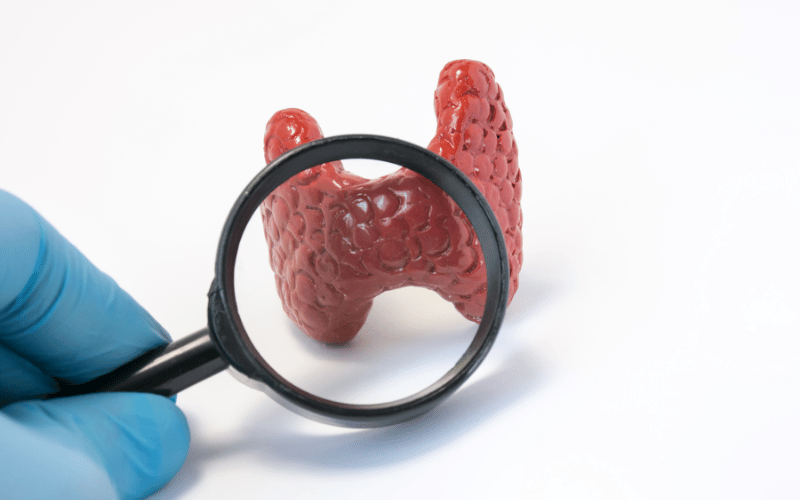Frequently Asked Questions about Partial Thyroidectomy

1. What can I eat after a partial thyroidectomy?
Immediately after surgery, your healthcare provider may recommend a soft food diet. This could include soups, mashed potatoes, yogurt, and other easy-to-swallow foods. As your swallowing improves, you can gradually reintroduce other foods into your diet.
2. How long is the recovery period after a partial thyroidectomy?
The recovery time can vary from person to person. Typically, patients can return to their normal activities within a couple of weeks after surgery. However, it can take several months for your thyroid hormone levels to stabilize.
3. Will I need to take thyroid hormone replacement therapy after a partial thyroidectomy?
This depends on the amount of thyroid tissue remaining and its ability to produce adequate amounts of thyroid hormone. Some patients might not require hormone therapy, while others might need to take thyroid hormone pills.
4. What are the potential complications of a partial thyroidectomy?
Potential complications could include infection, bleeding, voice changes, and difficulties swallowing. Rarely, damage to the parathyroid glands can occur, leading to low calcium levels.
5. What are the signs that I should seek medical attention after a partial thyroidectomy?
Contact your healthcare provider if you experience severe pain, difficulty breathing or swallowing, redness or discharge from the wound site, or any other concerning symptoms.
Conclusion: Embracing Life Post-Partial Thyroidectomy
In the realm of thyroid treatment, partial thyroidectomy stands as a potent solution to address an array of conditions like thyroid nodules, goiters, and even thyroid cancer. The journey, while potentially daunting, can be navigated effectively with the right knowledge and preparation.
At the heart of the process is understanding what a partial thyroidectomy involves. This surgical procedure entails removing part or all of one lobe of the thyroid gland, aiming to strike a balance between disease eradication and preservation of normal thyroid function.
The decision to undergo a partial thyroidectomy is often driven by the nature and severity of the thyroid condition. While benign thyroid nodules and goiters might necessitate surgery due to discomfort or cosmetic reasons, a diagnosis of thyroid cancer often mandates a more aggressive approach.
Recovery post-partial thyroidectomy is another crucial aspect. Pain management, wound care, and hormonal balance stand as three pillars of a smooth post-operative journey. Regular follow-ups and pathological examinations also play a critical role in determining the course of future treatment, especially in the context of thyroid cancer.
Support systems, both emotional and practical, cannot be underestimated. Family, friends, and healthcare teams join forces to provide comprehensive care during the recovery phase. On a similar note, awareness about the risk of recurrence and diligent monitoring are key to proactively managing one’s health in the long run.